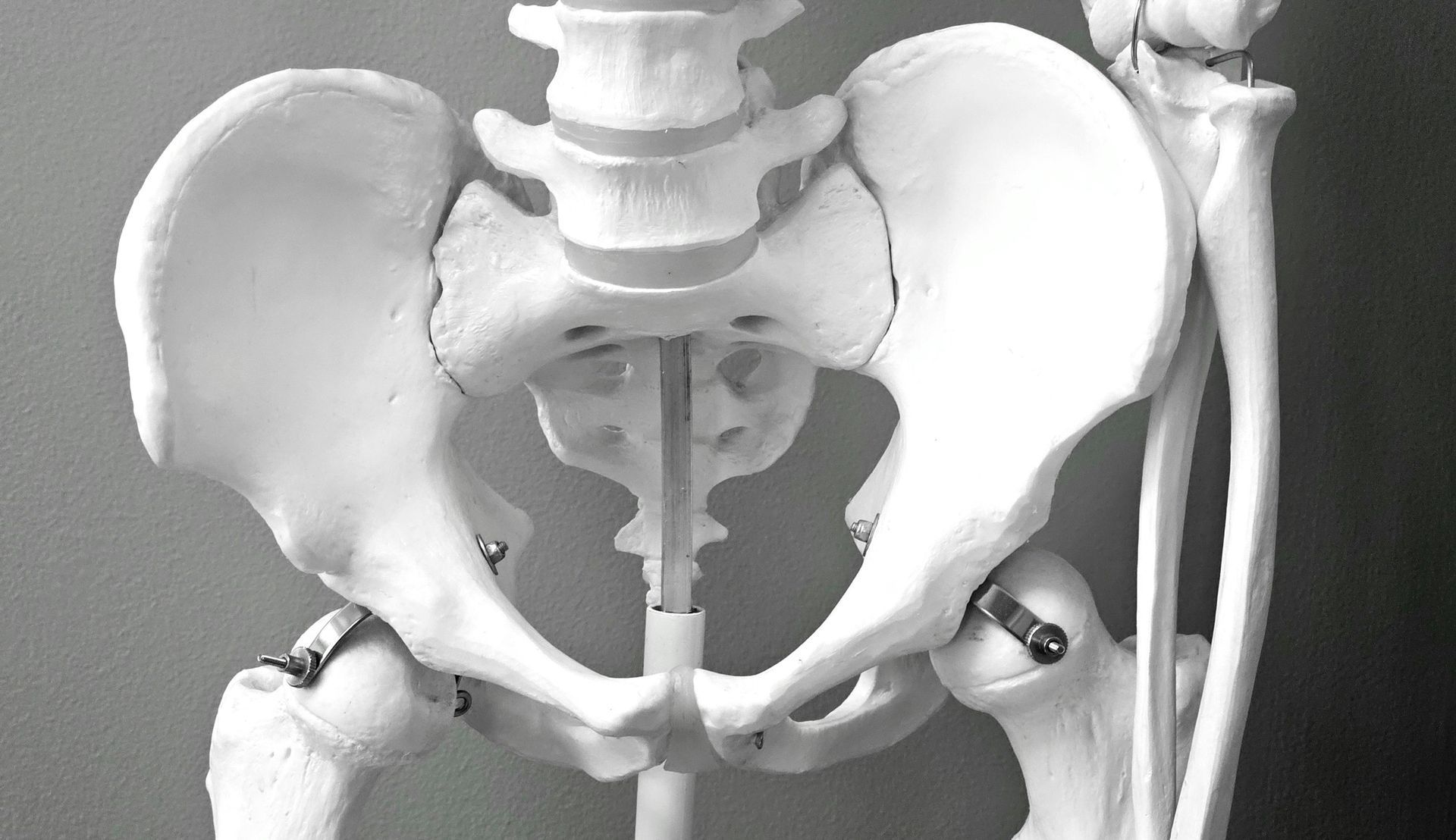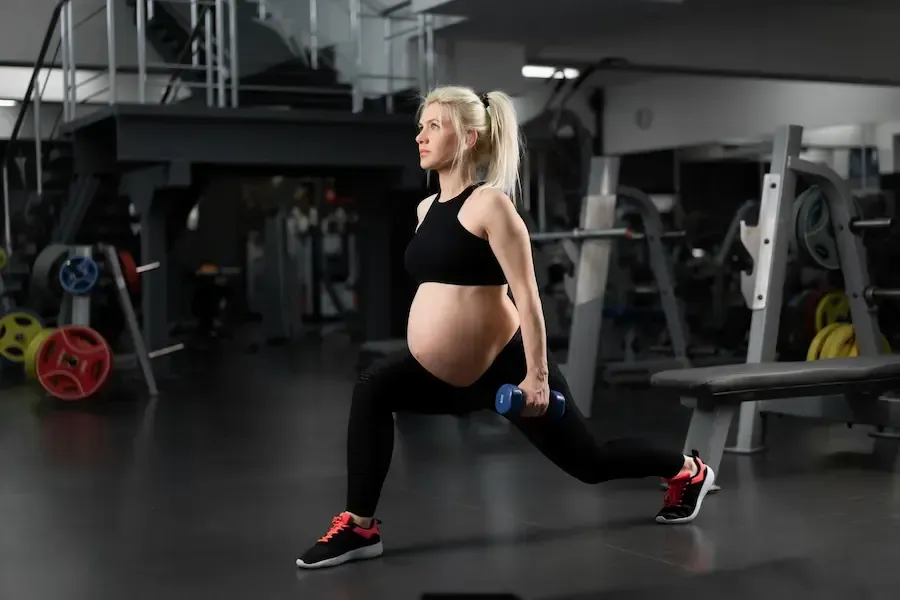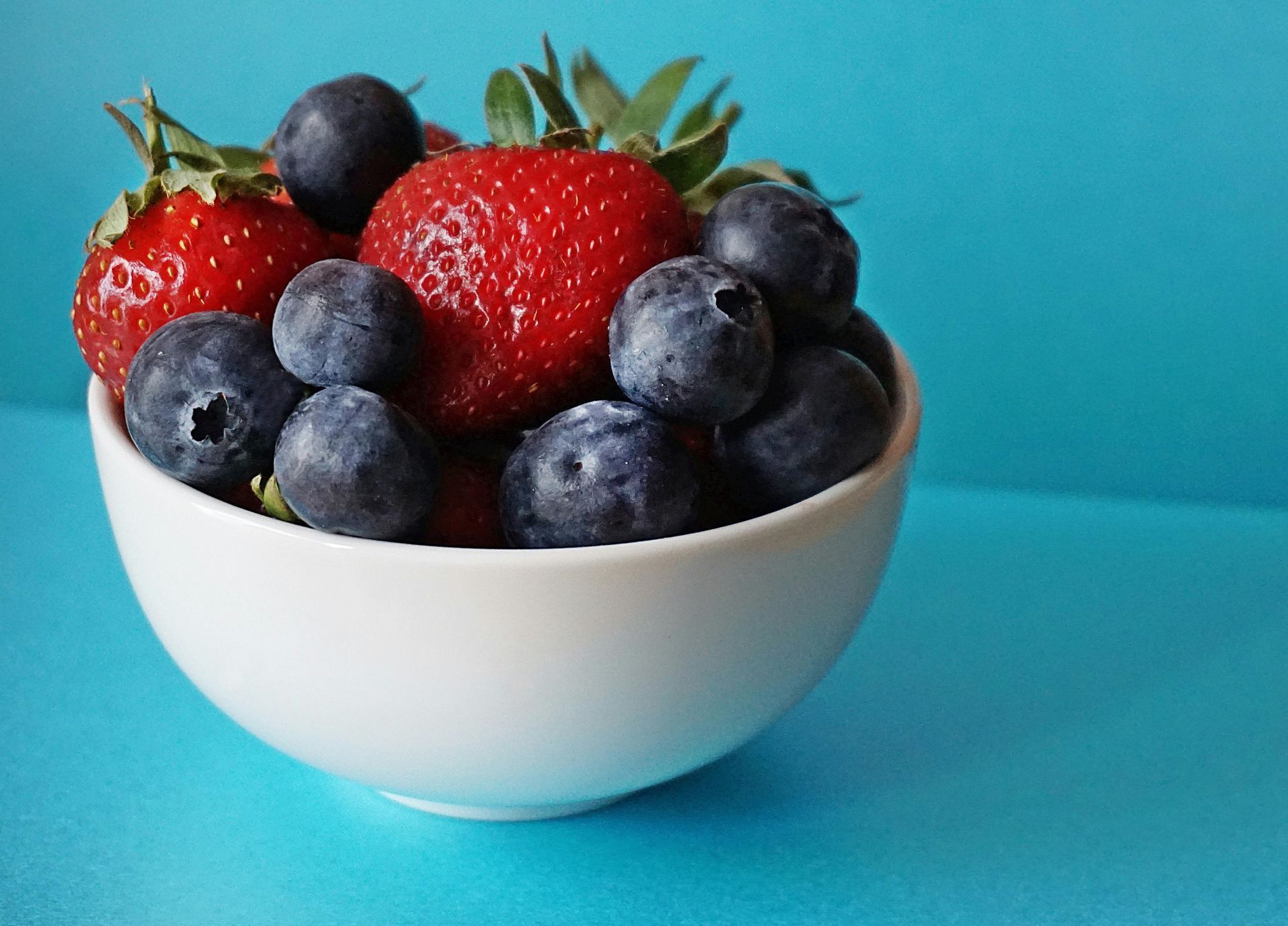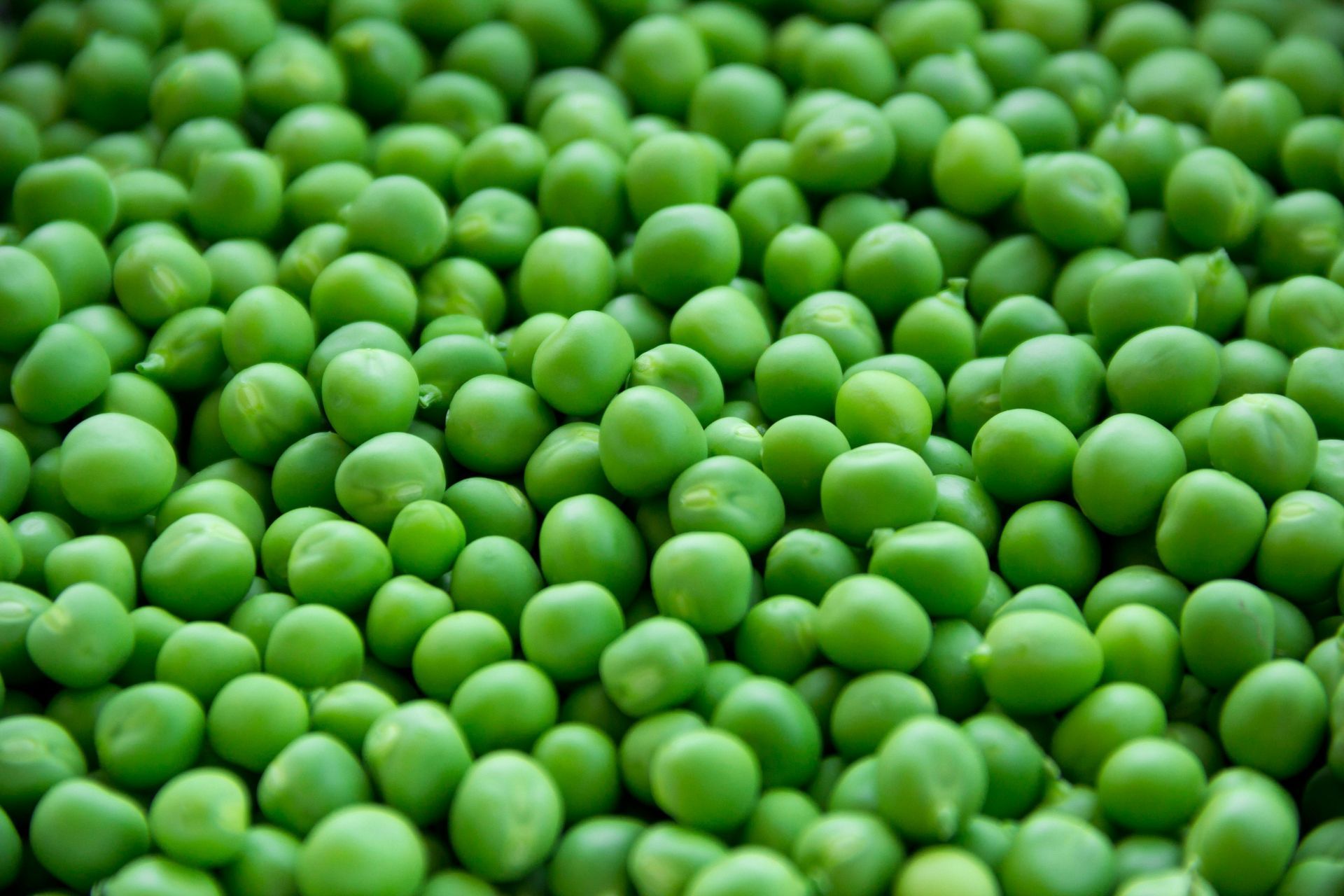Pelvic Floor Exercises During Pregnancy: Why They Matter and How to Do Them
Pelvic floor exercises, often called Kegels, are a vital part of any prenatal fitness routine. These exercises strengthen the muscles that support the bladder, uterus, and bowels, which are essential during pregnancy and childbirth.
At BumpWellness, we encourage every expecting mother to include pelvic floor exercises in their fitness regimen to enhance comfort, reduce pregnancy complications, and promote smoother recovery after delivery.
Why Pelvic Floor Exercises Are Important During Pregnancy
Supports Your Growing Baby: As your baby grows, there is increased pressure on your pelvic floor muscles. Strengthening these muscles helps provide the support needed to carry the extra weight, reducing discomfort and lowering the risk of complications such as pelvic organ prolapse.
Prevents Urinary Incontinence: Pregnancy can increase the likelihood of stress urinary incontinence, causing unintentional urine leakage when coughing, sneezing, or exercising. Regular pelvic floor exercises help maintain control and reduce the risk of incontinence both during pregnancy and postpartum.
Eases Labor and Delivery: A strong pelvic floor can make labor more manageable by allowing for more efficient pushing during delivery. Strengthening these muscles can help you feel more in control and reduce the risk of tearing.
Promotes Postpartum Recovery: Pelvic floor exercises improve circulation to the pelvic region, promoting faster healing after childbirth. This practice can also help prevent postpartum complications like pelvic organ prolapse and continued incontinence.
How to Perform Pelvic Floor Exercises
Pelvic floor exercises are simple and can be done almost anywhere. Here’s how to perform them effectively:
Find Your Pelvic Floor Muscles: Imagine trying to stop the flow of urine or holding in gas. The muscles you tighten to do this are your pelvic floor muscles. It’s important to locate these muscles accurately to perform the exercises correctly.
Get Comfortable: You can perform pelvic floor exercises while lying down, sitting, or standing. Choose a position where you feel most comfortable and relaxed.
Perform the Contractions: Tighten your pelvic floor muscles and hold the contraction for 3-5 seconds, then relax for the same amount of time. Repeat 10-15 times. Gradually increase the hold time as your muscles become stronger.
Focus on Technique: Ensure you’re tightening only your pelvic floor muscles and not the muscles of your abdomen, thighs, or buttocks. Breathe normally throughout the exercise, avoiding breath-holding.
Incorporate Different Variations: Include quick contractions (squeezing and releasing quickly) and slow, sustained contractions (holding for up to 10 seconds) to fully engage different muscle fibers.
Tips for Effective Pelvic Floor Training
Practice Regularly: Aim to perform pelvic floor exercises 2-3 times a day. Consistency is key to seeing results.
Listen to Your Body: If you feel pain or discomfort while performing these exercises, stop and consult your healthcare provider.
Start Early: Begin pelvic floor exercises as early in your pregnancy as possible. The sooner you start, the stronger your muscles will be when you need them most.
Incorporate into Daily Activities: Integrate pelvic floor exercises into your daily routine, like while brushing your teeth, watching TV, or waiting in line.
How BumpWellness Can Help Strengthen Your Pelvic Floor
At BumpWellness, our certified trainers understand the unique needs of pregnant women and specialize in safe, effective pelvic floor training. We provide personalized guidance to help you incorporate these exercises into your prenatal fitness routine, ensuring you’re prepared for the demands of pregnancy, labor, and recovery.
Contact Us Today!
Schedule a free consultation to learn how we can support you in strengthening your pelvic floor and enhancing your pregnancy experience.










